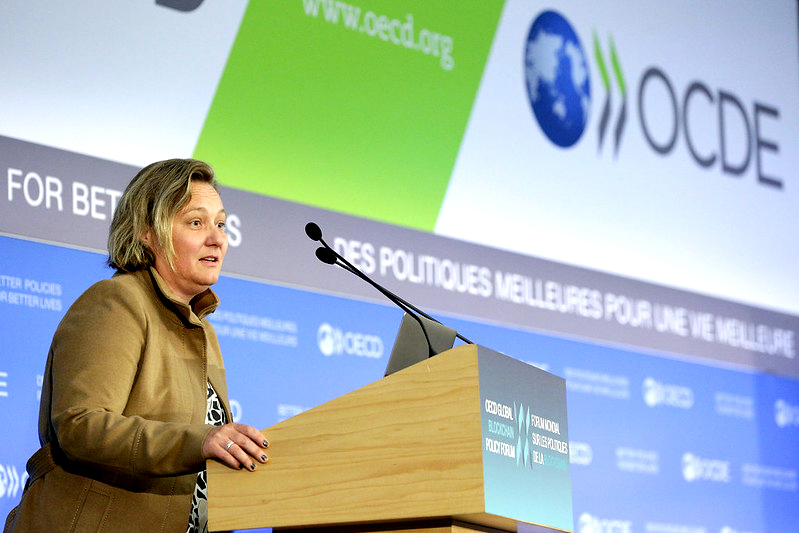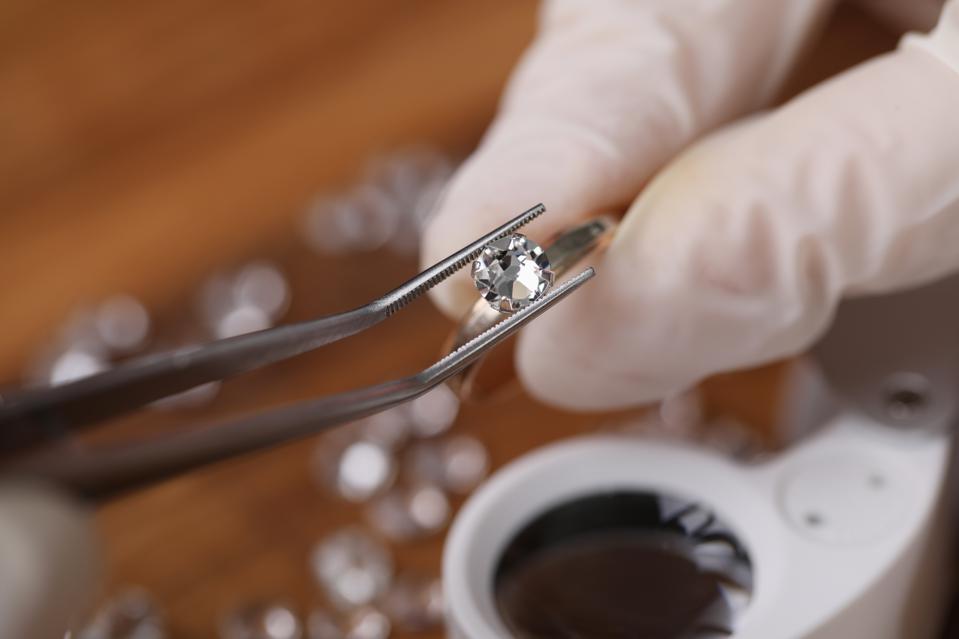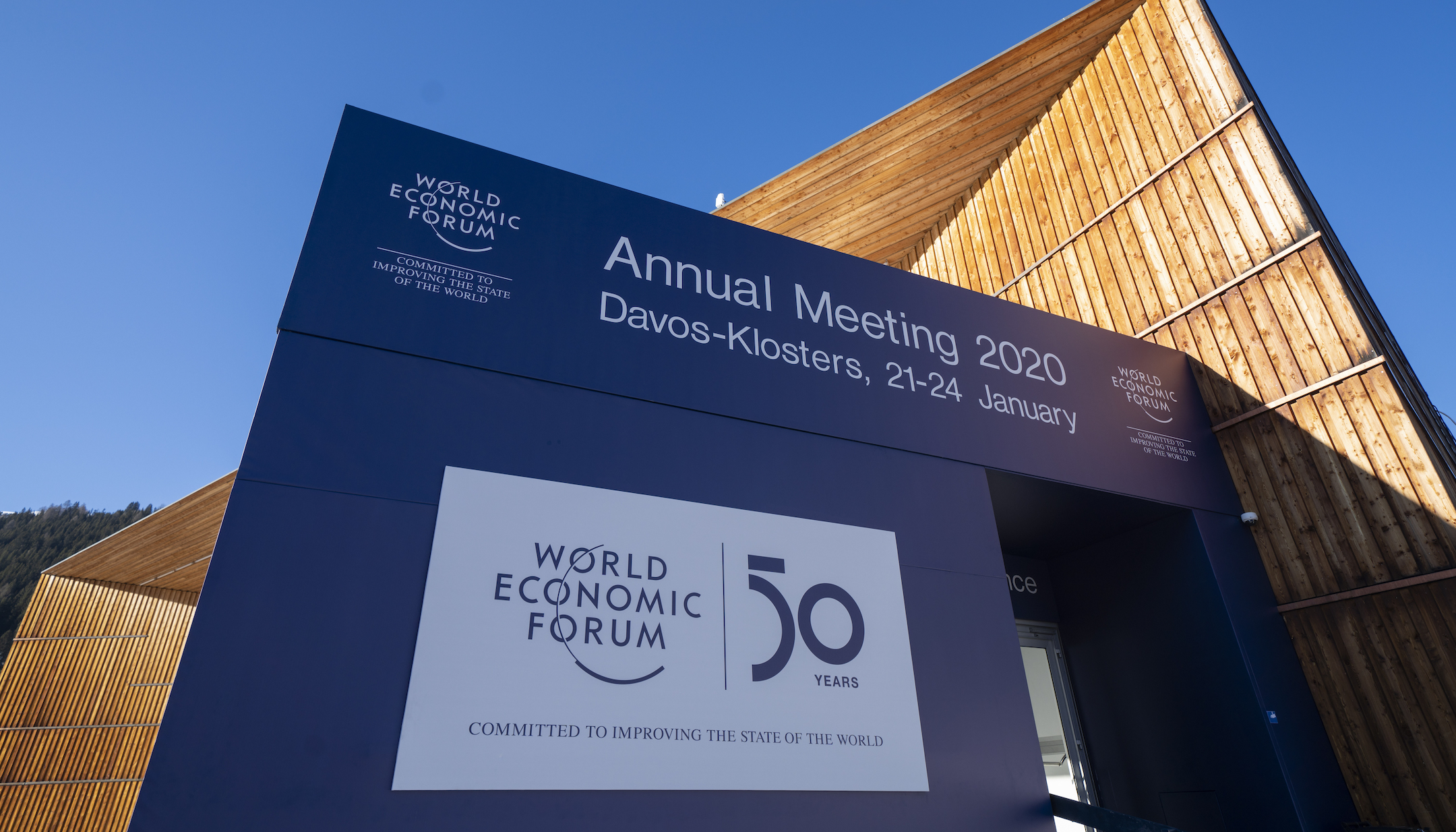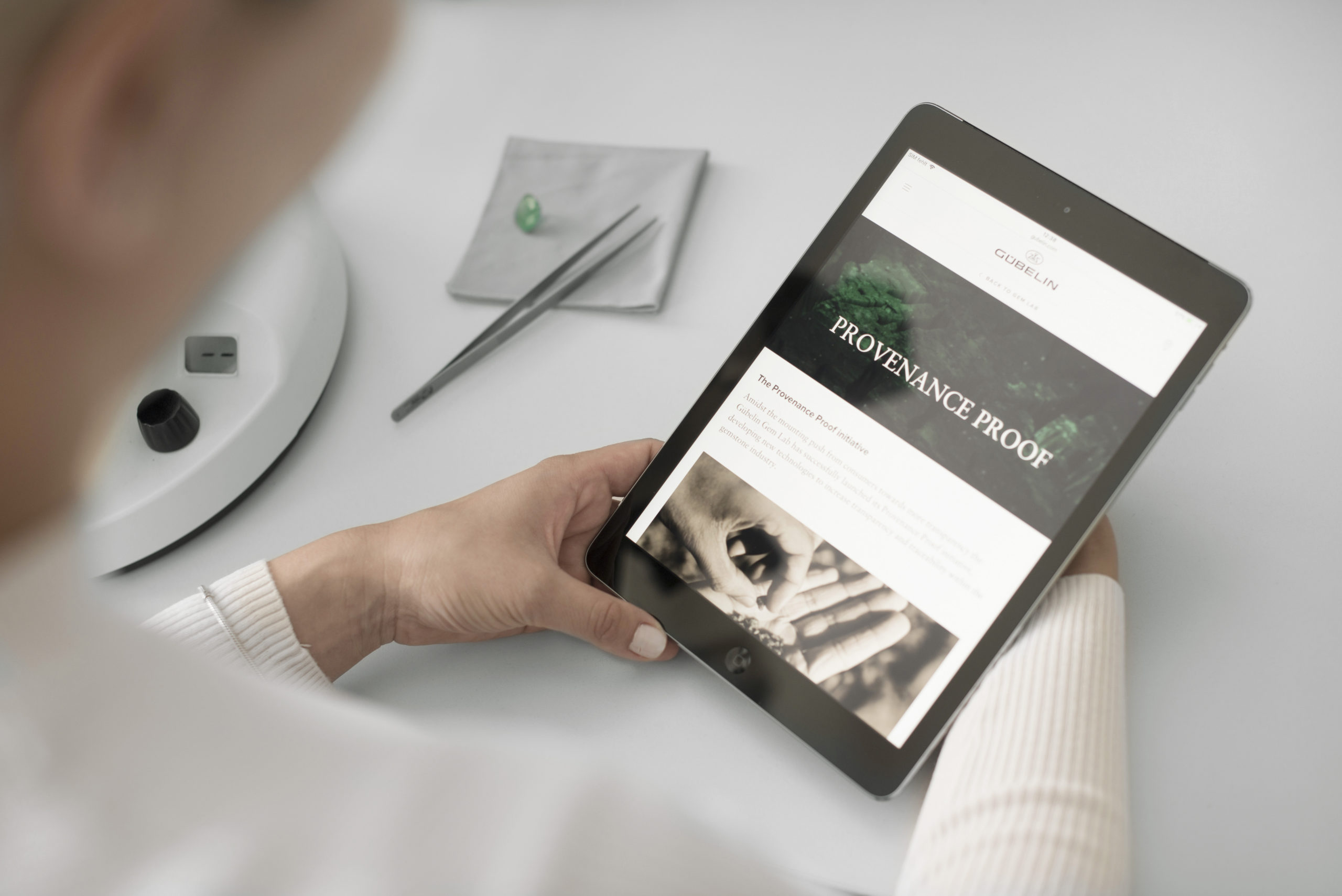Lithium-ion batteries may power our modern lifestyles, but their impact is felt far beyond our own backyard. Lauren Roman explains how Everledger is helping to find a solution to this growing problem of our time.
The introduction of lithium-ion batteries in 1985 was a necessary step in the technology-driven world we live in today. The usual suspects containing these batteries are devices that have changed the way we interact with the world and have (mostly) raised our quality of living. If you’re reading this article on your smartphone, laptop or tablet, for example, then all those devices contain one of these batteries. Our cordless power tools, Bluetooth earphones and hybrid cars would be useless without them.
Over the last 35 years, demand and production of these devices and batteries have increased year-on-year, as costs have steadily decreased. However, while we recognize the everyday benefits of these batteries and devices, we rarely consider the negative impacts they cause on the environment and human beings.
The dark reality is that the current state of the market for battery production is wholly unsustainable. Currently, there are cobalt and lithium mines in Africa and South America that exploit workers and the surrounding environment in order to extract battery minerals from the earth, perpetuated by our insatiable desire for power-on-the-go. As conscientious consumers, we must begin to understand what goes into our products and the origin of all the products we consume.
At the moment, obtaining this information is extremely difficult, with a few exceptions. However, consumers are far from powerless bystanders on the battery supply chain. Beyond provenance of virgin materials, we can be responsible consumers if we are willing and able to recycle our batteries. Now is the time to get involved! The efficiency of recycling lithium-ion batteries will increase exponentially in the next couple of years, which means higher recycled materials yield at a lower cost. This means that every time you recycle a battery, we rely less on mines that could be harmful to society and the environment.
This pace of change relies on how quickly the battery industry can convince humankind that recycling is a good idea. The full capacity of this technology will remain unrealized if consumers aren’t directly involved and incentivized to recycle their batteries. According to the US Department of Energy (DoE), less than 5% of the lithium-ion batteries sold in America make it to final recycling. That miniscule return is due to a number of reasons, but poor consumer collection is a leading factor. Ask yourself: have you ever recycled a lithium-ion battery? Also: how many devices and lithium-ion batteries do you have tucked away in drawers? If it’s more than 10, then you’re not alone.
In order to secure a sustainable supply of recycled lithium-ion battery materials we need to secure a sizable supply of lithium-ion batteries from consumers themselves. This is why the DoE established the Lithium-Ion Battery Recycling Prize in 2019. Proposing a hefty goal of achieving a 90% recycling rate in the US, teams are competing to find a solution to this problem. One of those is Team Portables, led by Everledger, with our Closing the Loop on Portable Lithium-Ion Battery Recycling solution.
Team Portables has created a prototype for a consumer application that is designed to engage you, the consumer, directly in the lithium-ion battery recycling process. With the understanding that consumers have different motivations and varying levels of access to recycling centers for their batteries, this application will launch with several rewards and ‘experiences’ that are designed to coax batteries out of the hands of consumers and back into the supply chain.
The rewards program is the powertrain for the solution, designed to grant points to consumers, which are then redeemable in partnering retail outlets. In other words, consumers will enjoy tangible results for their green behavior. These points can be cashed in for various goods and services that are funded by producers of recycled lithium-ion batteries or the devices they power. For example, if you recycled all those forgotten batteries in the back of drawers, cupboards and tool boxes, you might redeem enough points to help purchase a new device, powered by a recycled battery.
The inspiration for the application stemmed from various existing and successful programs such as MyCokeRewards or airline miles. With access to tangible rewards, consumers will be extrinsically motivated to get their batteries to a qualified collection center. Consumers can also interact with the application in other ways to learn more about sustainability, find their closest recycling centers, and even track their batteries from collection to recycling. This is made possible by the blockchain backend that the application sits on. Stakeholders can securely share data to verify events on the reverse supply chain (i.e. recapturing value after first use) such as collection, sorting, and final end-of-life recycling. Also, this application will operate with QR code technologies, which will allow consumers to use their smartphone to read codes printed on their batteries and at the collection centers.
Proof of value
As this application grows, the goal is to engage the whole supply chain within the digital ecosystem to promote a circular economy for lithium-ion batteries. Recently, the DoE awarded Team Portables with an additional prize that will finance a pilot scheme in the real world, with the help of four primary stakeholders:
- Everledger has developed the features within the application and will maintain the digital ecosystem;
- Call2Recycle is the collection partner that has an established network of collection boxes in retailers throughout North America;
- Fairphone is an electronics manufacturer that is willing to run its batteries with a QR code smart label for the batteries used in the pilot;
- And finally, you, the consumer will be able to recycle batteries and earn some reward points.
Looking forward, we hope to prove the value of recycled materials in lithium-ion batteries, providing brands and consumers with the knowledge they need to purchase more sustainably. Our ultimate goal is to allow people to understand the origin of all their electronics and the batteries within. This knowledge will grow the demand for sustainable products and materials, taking power away from organizations that profit off the exploitation of the environment or local communities.
Closing the loop will create a virtuous circle of positive change – and you can be a part of it!










